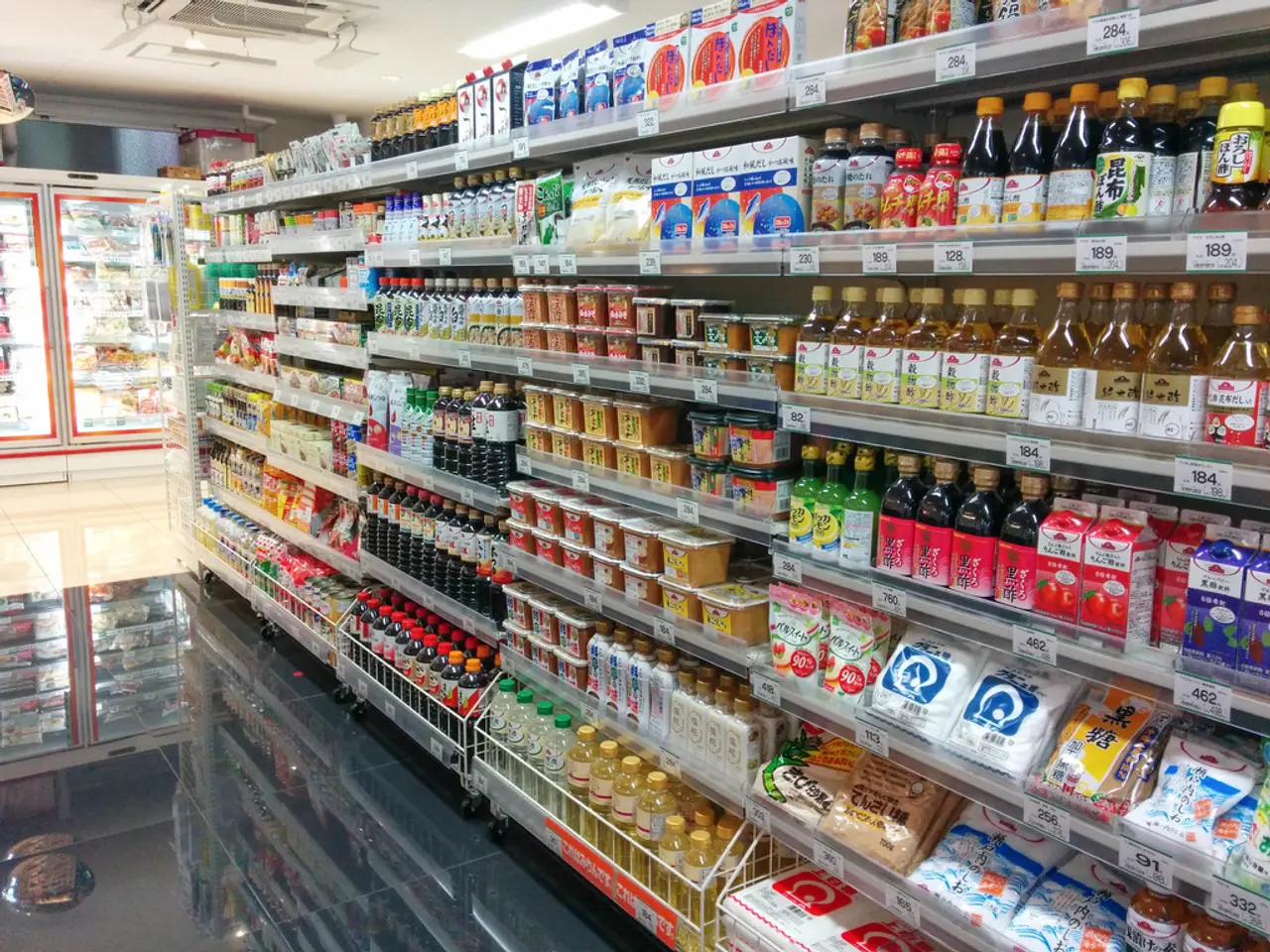Reframed wellness sector, fueled by spending power of youth, surges past $2 trillion mark
In the ever-evolving global wellness market, Generation Z and millennials are leading the charge for a new era of functional nutrition. This generation is investing in GLP-1 medications, protein-fortified foods, gut health products, and muscle-building workout programs, signifying a comprehensive approach to weight management that goes beyond the traditional.
The trends in functional nutrition, driven by these young consumers, are centred around personalized, targeted health benefits. They seek products designed for specific health goals, such as enhanced energy, gut health, immunity, cardiovascular wellness, mental wellbeing, weight management, and physical performance. This reflects their desire for nutrition that actively supports long-term health, moving beyond basic sustenance.
Functional foods and beverages, fortified with bioactive ingredients like vitamins, minerals, prebiotics, probiotics, postbiotics, proteins, fibers, and botanicals, are increasingly popular. These ingredients are valued for their immunity-boosting properties, digestion support, brain health, and stress reduction.
Health-driven lifestyle integration is another key trend. Millennials and Gen Z integrate these functional products into their daily routines, seeking convenient formats like supplements, fortified foods, functional beverages, and even enjoyable formats such as chocolates. There is an emphasis on "beauty-from-within" concepts supporting skin, hair, and nail health to align nutrition with visible wellness.
Interest in mental and emotional well-being is also on the rise, with calming botanicals and natural flavours such as herbs and florals being used to enhance emotional wellness. This reflects a broader focus on mental health alongside physical health.
Sustainability and transparency are crucial factors for these younger groups. Brands meet this demand through transparent sourcing, third-party testing, and clear labeling of health benefits and ingredient efficacy. The use of advanced technologies, such as nanotechnology and targeted delivery systems, is also on the rise, enhancing the practical effectiveness of functional nutrition products.
North America and Western Europe lead in functional nutrition innovation and product launches, driven by consumer interest in healthier living following global health awareness increases since the pandemic. However, the demand for functional nutrition products is even higher in China.
Young consumers approach wellness as a proactive lifestyle choice rather than a reactive response to health issues. Approximately half of consumers in the United States, United Kingdom, and Germany purchased functional nutrition products in the past year. Gen Z places significantly higher priority on appearance than previous generations.
Successful wellness brands will be those that can create genuine communities around their products and services, offering experiences and practices that speak to the deeper questions young people are already asking. Young consumers incorporate skincare regimens, sleep hygiene, fitness routines, and social activities into their mental health toolkit.
Successful mental health companies provide clear value propositions with programming targeted to specific audiences and need states. Companies must develop offerings that address the unique challenges facing young consumers, such as time constraints, digital fatigue, and need for immediate gratification.
Up to 60% of consumers across all markets report that healthy aging is a top priority for young consumers. The wellness industry has a responsibility to offer solutions that address root causes rather than just monetizing symptoms, such as social media pressure, economic uncertainty, and environmental anxiety.
Young consumers are traveling for wellness experiences, with nearly 60% of consumers who traveled for wellness treatments in 2024 expecting to do so again in the next year. Young consumers approach mental health proactively, with 42% of Gen Z and millennials considering mindfulness a "very high priority".
The global consumer wellness market has reached $2 trillion annually, with Generation Z and millennials driving many of the most significant trends reshaping the health, beauty, and well-being industries. Digital mindfulness apps have made mental health solutions more accessible, but competition is fierce and barriers to entry are low. Wellness brands must consider a reimagination of their marketing strategies and channels, focusing on transparency, social proof, and peer recommendations.
- Generation Z and millennials are prioritizing connection to their mental health through digital mindfulness apps, demonstrating a proactive approach to wellness.
- In the yoga teacher training programs, there's a growing emphasis on the integration of mental health, nutrition, and fitness-and-exercise to promote overall well-being and healthy-diets.
- Environmental concerns play a significant role in these young consumers' decisions, including sustainable sourcing and packaging for fitness-and-exercise products, wellness retreats, and nutrition supplements.
- As the global wellness market evolves, wellness retreats are increasingly incorporating mental health programs, offering services like meditation, therapy sessions, and stress reduction activities.
- In the pursuit of improving their physical performance and weight management, these younger consumers are drawn to science-backed fitness-and-exercise routines and nutrition plans that emphasize balanced and healthy-diets.
- To stand out in the competitive wellness market, brands are focusing on providing transparent information about the benefits and efficacy of their products, offering peer recommendations, and creating engaging communities that connect with young consumers' concerns about mental health, environment, and fitness-and-exercise.




